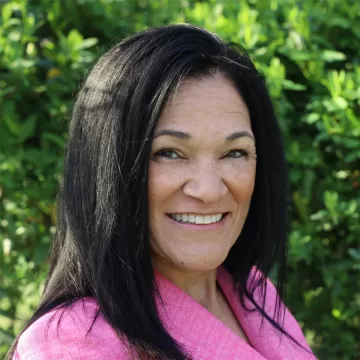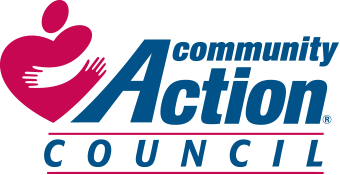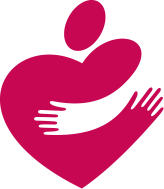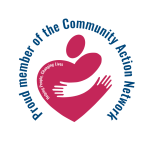
Nearly 38 million Americans live in poverty today, 60 years after the signing of the Economic Opportunity Act of 1964. The foundational law, signed by LBJ on August 20, 1964, established the War on Poverty, the Office of Economic Opportunity, and Community Action Agencies.
After the dismantling of the Office of Economic Opportunity and gutted funding by the Reagan Administration, the decline of unions, the dot com boom, technology blazing a new world, several wars (on nations, drugs, and terrorism), a global pandemic, and record-breaking inflation, what has been accomplished in our fight against America’s greatest domestic threat – poverty?
Economic historian and MIT Professor Emeritus of Economics Peter Temin has shown that it takes nearly 20 years of almost perfect luck to escape the cycle of poverty in America. What that means in real terms is that a family lasts 20 years without a personal tragedy (the breadwinner doesn’t die or become disabled, and nobody has a serious medical problem); they have access to quality jobs (they don’t experience discrimination and the local economy is thriving), they maintain steady employment (nobody is laid off, and they have the skills to remain competitive or build a career); they have access to and can afford high-quality education (nobody’s school is under-funded and their teachers are not overworked); and they can access healthcare (they can afford their medications and access mental healthcare), among myriad other concerns. For 20 years, this all-too-delicate web must hold on all sides. And we know that doesn’t happen—at least not at the rate we’d like it to.
Perhaps the greatest gift of the last sixty years has been the knowledge we have gained about the complexity of poverty. Despite its flaws and limitations, the War on Poverty thrust the needs of millions to the center of the national stage, and research about poverty, program experimentation, and innovation in economic mobility took on new life. The battle for study and knowledge of the complex and insidious nature of poverty is now part of the public consciousness.
We know that poverty is not simply laziness or a lack of jobs. Just last month, in the Washington Post, journalist Abha Bhattarai reported that an increasing number of those experiencing first-hand the record-high rates of homelessness in the nation are “working Americans with decent-paying jobs who simply cannot afford rent.”
We know that education at all ages and stages can have profound positive impacts on society. Professor Temin has urged a renewed focus on quality education as a means to escape poverty, starting in early childhood. Head Start is also celebrating its 60th anniversary this year despite being under a near-constant threat of elimination from the national budget. Nobel Laureate in Economics James Heckman has found that Head Start produces a 13% return on investment for the nation (a figure that hedge fund managers would kill for) through improved graduation rates, decreased incarceration, improved health outcomes, and services provided to families with special needs.
We know that falling into poverty can happen to anyone at any time of life. The US Census Bureau’s most recent data show that, for the last two years in a row, the only group experiencing an increase in poverty are those aged 65 and older.
These data and so many more exist at our fingertips these days. The question—now that we know and understand—is, what do we do with this knowledge? What is the next battle?
Calls to morality alone will not effect the change that is necessary. We must seek policy changes and budget appropriations that deal with issues of poverty and economic mobility based on facts and the reality faced by so many in our nation. We must choose to move forward in the light of truth rather than allow ignorance to lead a retreat into darkness.
The last 60 years have shown us the powerful change communities can make when we ban together. The passage of the Rehabilitation Act of 1973, the education campaigns of the AIDS epidemic, and our efforts today to hold those in power accountable for decisions made based on prejudice and greed rather than on solution-oriented research demonstrate that when affected groups and their allies—their communities—work together, all of society can be made better.
The War on Poverty has not been lost. We’re still fighting it, and our communities must vote to win. We must arm ourselves with facts and reason, examine our choices, and enact policies based on decades of research and the discovery of best practices. We must vote. Our neighbors experiencing homelessness, our young people trying to compete for jobs, and our elders falling into poverty for the first time, we all must vote.
You can register to vote or check your voter registration status by visiting www.govote.ky.gov.


